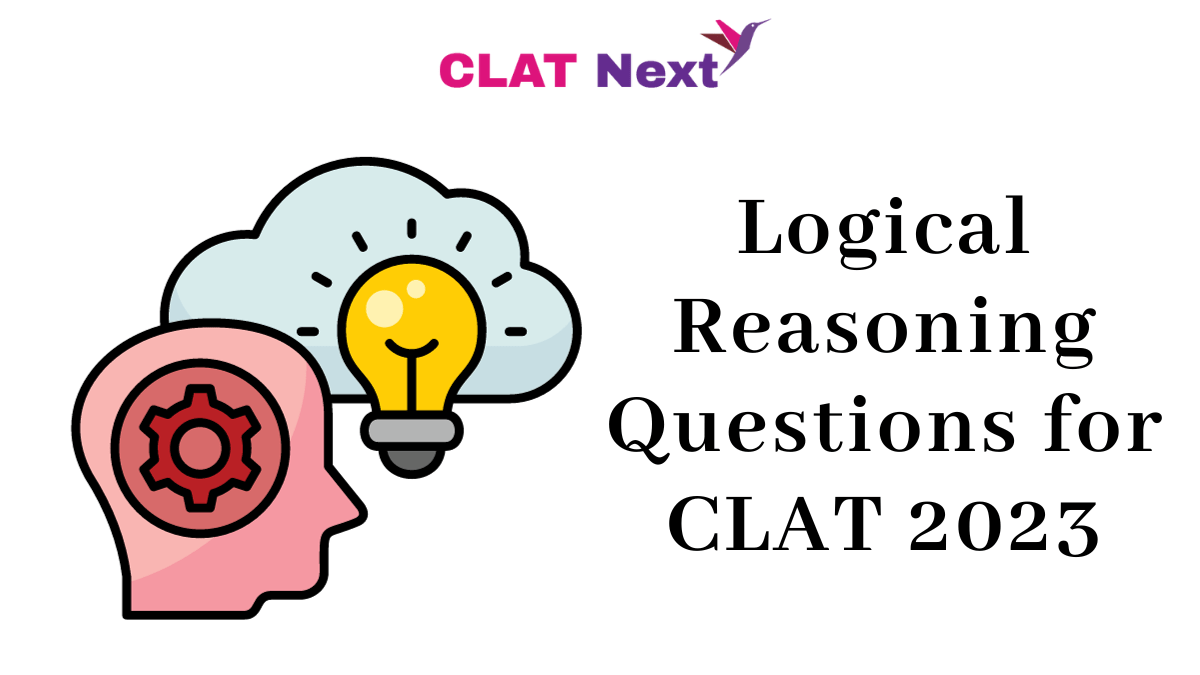Logical Reasoning Questions: We humans tend to be drawn to the negative aspects of news for a couple of reasons. First, there’s this psychological quirk called negativity bias, where we’re naturally more tuned in to bad news than good. Back in our ancient days, being overly cautious about potential dangers, like spiders or snakes, was more beneficial than not being cautious enough. Second, there’s something called availability bias at play. If we can easily recall instances of something, we assume it’s quite common.
The constant bombardment of distressing stories in the media, easily sticking in our memories, distorts our perception of the world. In today’s digital age, news outlets, particularly on platforms like Facebook, Twitter, and Google, know us inside out. They understand what grabs our attention and keeps us hooked so they can deliver the most profitable dose of personalized ads.
This contemporary media frenzy feels like an onslaught on the ordinary because, let’s face it, most people lead pleasantly predictable lives. Yet, “nice” doesn’t make you sit up and take notice, and it certainly doesn’t sell ads. So, Silicon Valley keeps serving up increasingly sensational clickbait, recognizing that, as a Swiss novelist once cleverly put it, “News is to the mind what sugar is to the body.”
Question: Which of the following, if true, would most weaken the author’s arguments?
(a) Our ancestors’ survival instincts, honed during the hunter-gatherer era, still shape our behavior today.
(b) The characteristics that once aided us as hunter-gatherers have faded away in the evolution of modern humans.
(c) Our inclination towards negative information, known as the negativity bias, makes us more susceptible to the impact of sad or depressing news.
(d) As humans, we possess specific behavioral traits that influence how we interpret and respond to news that evokes sadness.
Question: What viewpoint would the author likely support?
(a) Modern media keeps us in the loop with interesting news and information, much like the experiences we encounter in our daily lives.
(b) Stay tuned to contemporary media for a dose of thrilling news and information that might be quite different from our usual day-to-day encounters.
(c) Dive into the world of current media, where you might stumble upon less-than-exciting news and information, a departure from the typical things we come across in our lives.
(d) Take a breather with today’s media, where you could find mundane news and information that surprisingly resonates with the everyday experiences we all share.
Question: If the author values pleasant neighbors leading uneventful lives and criticizes the sensational nature of modern media news, what viewpoint is the author likely to support?
(a) When we’re constantly bombarded with negative news, it distorts our view of the world.
(b) Back in our hunting and gathering days, it was more advantageous to be overly cautious than to risk being underprepared.
(c) The news we encounter through modern media is akin to our everyday experiences.
(d) The news presented by modern media often diverges significantly from our daily realities.
Question: If the author’s claims about negativity bias hold true, what conclusion would receive the strongest backing from those statements?
(a) People tend to be drawn to stories about billionaires generously giving to charity, rather than grim stories about airplane crashes.
(b) We’re more inclined to be interested in uplifting news, such as an increase in life expectancy in our country, rather than unsettling stories like a local murder.
(c) Our attention is often captured by stories highlighting the concerning rise in pollution levels, while positive news about improvements in educational standards may not grab our attention as much.
(d) Our perspectives of the world are often shaped by the information we have access to, rather than what remains unknown to us.
Question: How can we best overcome the impact of what the author refers to as our tendency to focus on readily available information?
(a) Embrace diverse news sources to broaden our understanding, discovering stories we might not typically come across.
(b) Explore various news outlets to get a well-rounded view of the world, avoiding the tunnel vision of relying solely on one source.
(C) Balance our news consumption by including positive stories, steering clear of a constant focus on disasters and tragedies for a more uplifting perspective.
(d) Actively seek out newsworthy content from a variety of sources to enrich our knowledge and avoid missing out on valuable information.
Question: What assumption underlies the author’s conclusion that our perception of the world is skewed due to the daily bombardment of horrific stories, such as aircraft disasters, child snatchers, and beheadings, which tend to stick in our memory?
(a) The way we see the world is influenced by the information we come across.
(b) Today’s media often prioritizes maximizing profits over other considerations.
(c) Journalists nowadays produce news stories at a much quicker pace compared to earlier times.
(d) In the past, humans lived as hunter-gatherers, relying on hunting and gathering for sustenance.
Answers
- B
- B
- D
- C
- D
- A
Read Also: Propositions – Logical Reasoning




